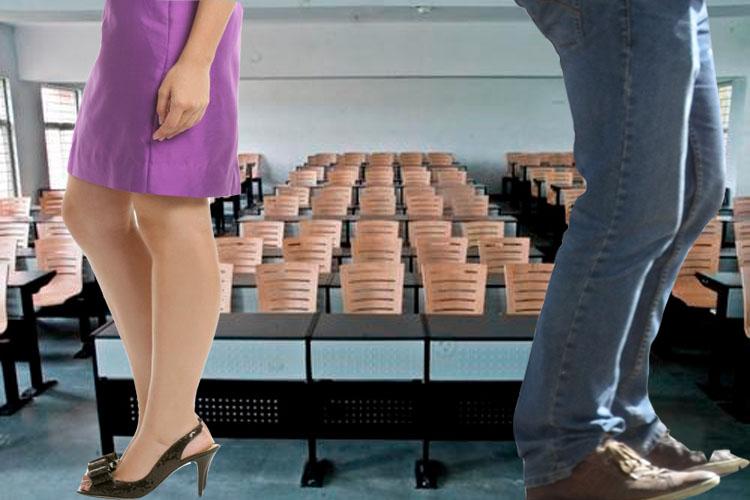The current Wellesley College policy states that sexual relationships between students and professors are only prohibited if they involve a college employee that directly supervises the student or if there is a conflict of interest. According to Wellesley College’s General Policies Handbook, these relationships are banned as they are “potentially exploitive because of the power imbalance inherent in them.” The policy reflects the College’s worry that this imbalance results in the invalidity of a student’s consent, which can lead to the College being held liable for sexual assault charges. However, the College does not ban sexual relationships between all students and professors but merely “frowns upon them.” Based on this distinction, one can deduce that the College believes that the power imbalance only exists when the professor is directly supervising the student. However, all sexual relationships between students and professors should be prohibited as they all involve this imbalance, regardless of whether the professor has direct supervision of the student. There is also no way to establish that a professor will never be in a supervisory role in the future and that their relationship will not affect the student’s academic future.
Harvard University recently changed its policy from one similar to Wellesley College’s to one that bans all sexual professor-student relationships. This follows investigations carried out by the Obama administration on accusations of sexual assault at multiple colleges, including Harvard University. According to the New York Times, “the change [was] made after a panel reviewing the institution’s policy on the federal law prohibiting sex discrimination in education determined that the university’s existing policy language on ‘relationships of unequal status did not explicitly reflect the faculty’s expectations of what constituted an appropriate relationship between undergraduate students and faculty members.’” Wellesley should follow in Harvard’s steps and ban all student- professor sexual relationships.
One could argue that student-professor relationships should only be banned when there is a conflict of interest. A professor who does not make decisions that impact the student’s future does not present an abuse of power or a conflict of interest. Furthermore, since most Wellesley students are over 18 years old, they should have the right and freedom to make their own decisions.
However, any professor has more power and status within the College than a student does. Even if there is no direct academic relationship between the student and the professor, the prestige and authority that a professor has is still present. This creates an inherent power imbalance between the two parties. As such, it is invalid to argue that in one case there is an imbalance of power while in the other there is none. While there might be a smaller imbalance of power, the authority of a professor is always higher than that of a student at the College, which results in an imbalance of power in both cases. Since the College’s policy itself states that a power imbalance can lead to invalid consent, this case should be no different.
Furthermore, while the professor may not have supervision over the student at the time the sexual relationship is initiated, this can quickly change in a liberal arts college, where students switch majors easily and are required to take courses in many disciplines. As such, even if the relationship is ended by the time the student is under the professor’s supervision, it is questionable whether the professor will be able to treat the student as objectively as Wellesley’s current policy seems to indicate.
Therefore, while adopting a policy similar to Harvard’s might violate the freedom of both students and their professors, the unequal dynamic that is inherent in a professor-student relationship makes consent unattainable in all cases. It is also hard to determine whether the professor will supervise the student in the future and whether this will result in a conflict of interest that might either help or hurt the student. Apart from these moral questions about the validity of consent and conflict of interest, the College needs to be careful as it can be held financially liable for sexual assault.




